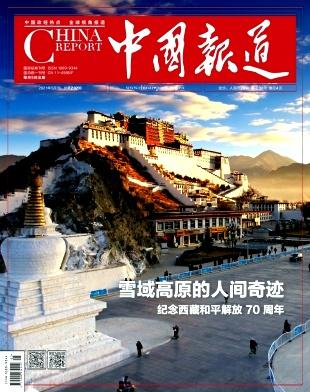Comparison and Evaluation of China’s Urban Social Security Financing System Before and After the Reform
IF 0.7
Q3 AREA STUDIES
引用次数: 1
Abstract
The sustainability of China’s urban social security financing system has recently been seriously questioned. This article divides the financing system’s development into two periods (before and after reform). It compares the capital collection and the distribution and circulation structures and reviews the financing system before and after reform. In this study, we also discuss and explain the ‘empty account’ phenomenon, which severely undermines the financing system’s sustainability. We allege that the money accumulation system adopted after reform, which correlates personal accounts with the social pool, is not running as designed but as a ‘pay-as-you-go’ system. After evaluating the efficiency and cost performance of both periods, testing the financing system’s sustainability and correlating the system during both time periods with economic and social development, we find that the financing systems’ operation after reform corresponds with theories proved by case studies in other advanced states.改革前后中国城镇社会保障筹资制度的比较与评价
中国城市社会保障融资体系的可持续性最近受到严重质疑。本文将金融体制的发展分为改革前后两个时期。它比较了资本的筹集、分配和流通结构,并回顾了改革前后的融资体系。在本研究中,我们还讨论并解释了“空账户”现象,这种现象严重破坏了融资系统的可持续性。我们声称,改革后采用的将个人账户与社会资金池相关联的货币积累制度并没有按设计运行,而是作为一种“现收现付”制度运行。通过对这两个时期的效率和成本效益的评估,检验金融体系的可持续性,并将这两个时间段的金融体系与经济社会发展联系起来,我们发现改革后的金融体系运行与其他先进国家的案例研究所证明的理论是一致的。
本文章由计算机程序翻译,如有差异,请以英文原文为准。
求助全文
约1分钟内获得全文
求助全文
来源期刊

中国报道
AREA STUDIES-
CiteScore
1.70
自引率
0.00%
发文量
9353
期刊介绍:
China Report promotes the free expression and discussion of different ideas, approaches and viewpoints which assist a better understanding of China and its East Asian neighbours. A quarterly journal of the Institute of Chinese Studies, it attempts to provide a fresh approach which goes beyond the strictly utilitarian area studies without becoming antiquarian. Launched in 1964, China Report has, over the years, widened its interests and aims and transformed itself into a scholarly journal that seeks a better understanding of China and its East Asian neighbours - particularly their cultures, their development and their relations with China. It is an indispensable source of information on China, its society and culture.
 求助内容:
求助内容: 应助结果提醒方式:
应助结果提醒方式:


